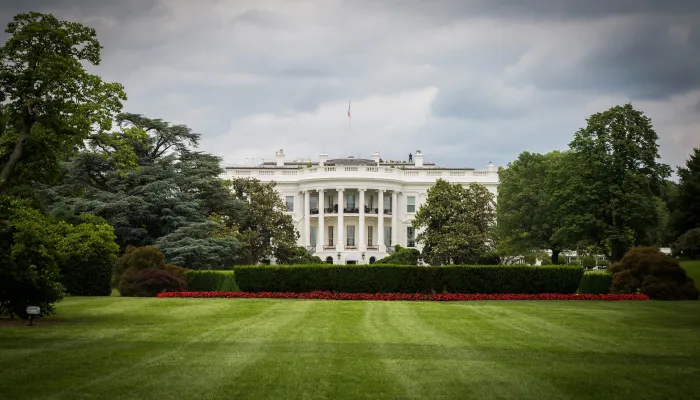Cassidy Criticizes Process and Results of Budget Deal
Senator Bill Cassidy (R-LA) in an op-ed in The Wall Street Journal a few weeks ago criticized last month's appropriations deal for both its rushed and opaque process and its huge deficit increases. Cassidy was one of 23 Senators to vote against the final bills and one of 30 to vote against waiving budgetary rules related to them. The bills cost $500 billion over 10 years and $2.1 trillion over 20 years. In combination with other legislation like the summer deal to lift spending caps, Congress in 2019 added $2.2 trillion to the debt over the next decade.
First, he noted that the process for writing and considering the deal was rushed and done in such a way that lawmakers either had to vote for it or shut down the government. The final addition to the deal was made available after midnight on the morning before the first House vote.
As for the process of writing and passing the bill, Senate leadership clearly didn’t want it to be understood or discussed. It had minimal input from other members, amendments weren’t allowed, and the Senate voted on the bill a mere 2½ days after it was released. Those days were filled with 30 or so votes that consumed the floor schedule.
“Debate and discussion” were limited to 90 minutes the morning before the vote. The vote was scheduled the day before government funding would expire, so that failing to pass the bill would have triggered a shutdown. The vote on the spending bill was one of 16 votes that day and had to be taken before Congress left for the Christmas break. The message was unstated but obvious: Vote for the bill or be blamed for shutting down the government just before the holidays.
Next, he criticized the deal's deficit increases for contributing to an already-rising national debt and to health care costs:
An opaque and unfair process masked terrible policy. Consider the tax giveaways, including the repeal of $375 billion in ObamaCare taxes. ObamaCare remains the law of the land, but the principal way to pay for it is repealed. Remember when President Obama said the Affordable Care Act wouldn’t add a dime to the national debt? What Congress passed last week ensures that the opposite will happen: The Center for Responsible Federal Budget [sic] estimates that this bill will add 5% of gross domestic product to the national debt by 2029, bringing the debt-to-GDP ratio to 97%. [our estimate of raising the caps here]
Gone is the so-called Cadillac tax, a restraint on expensive employer-provider health-insurance policies, which contribute to exploding health-care costs. The bill will also relieve insurance companies of a tax they agreed to pay to force ObamaCare on the American people. The taxes weren’t traded for alternative ways to pay for the massive expansion of government-funded health care, or for reforms to restrain entitlement spending. The taxes weren’t traded for anything—they just went poof. At least the health-insurance industry is happy about it.
Cassidy noted that there were bipartisan bills that could have been included to save money:
Worthy reforms, meanwhile, didn’t make it into the bill at all. Bipartisan working groups spent almost two years attempting to find a solution for so-called surprise medical billing. This is spending that happens when health providers and insurers “offload” billions of dollars of charges on patients for out-of-network care. The bipartisan, bicameral plan, which had easily enough support to pass, wasn’t acceptable because it saved “only” $17 billion.
Finally, he noted that this type of rushed process often stuffed with deficit increases has been far too common recently. He suggests reforms like an automatic continuing resolution (CR) so lawmakers are not as jammed by last-minute leadership negotiations.
Several reforms would improve this dire situation. Start with the bipartisan Prevent Government Shutdowns Act, the Republican Ending Government Shut Downs Act, or similar legislation mandating that if spending packages aren’t completed and passed on time, the previous year’s budget continues in force. That would protect vital services but prevent Senate leaders from unfairly releasing bills just before a deadline.
Senator Cassidy is right that the latest appropriations deal is another sign of a broken budget process that has led to last-minute deals with big fiscal consequences, and we have recommended many ways to fix the budget process through our Better Budget Process Initiative. Lawmakers also need to have the discipline to offset any costs they propose to keep the fiscal situation from getting worse.


